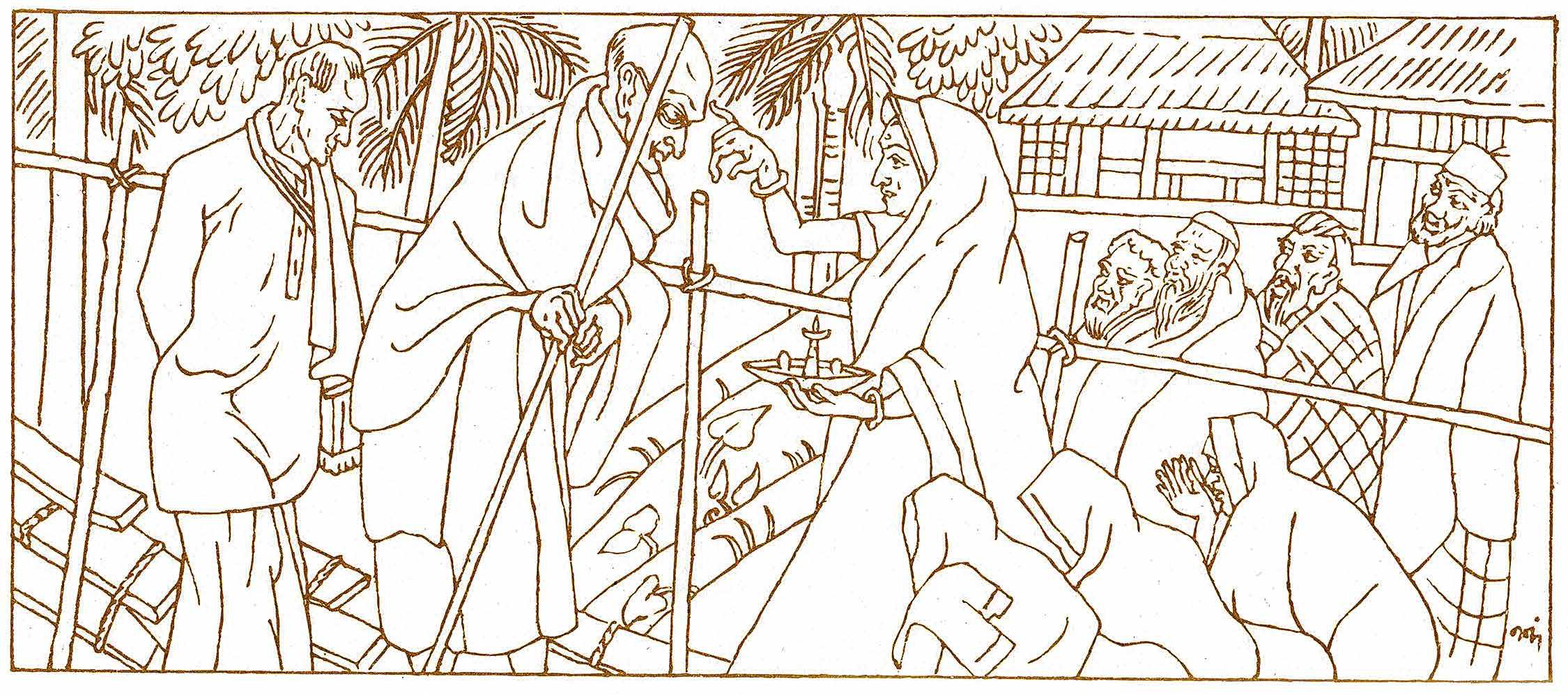'Emergency' Takeaways

EVEN before a holier-than-thou Narendra Modi government declared June 25 as 'Samvidhaan Hatya Diwas' to mark the imposition of the Emergency by the Indira Gandhi government on that day in 1975, there has been total unanimity that it was a rotten enterprise.
If there were any differences among scholars and partisans, these were to do with what was the dark side and what were the darker aspects of the Emergency. It is mostly agreed upon that the dark side included the suspension of fundamental rights, press censorship, the arrest of Opposition leaders, etc., whereas the darker side had to club the extraconstitutional power exercised by Sanjay Gandhi and his goonish aides. As it happens in all political debates over history, the villains are easily identified as are the heroes.
But even after nearly 50 years, we are nowhere near any understanding of the nature of the breakdown of normal politics that led to that midnight denouement on June 25, 1975.
It is helpful to keep in mind that the "JP Movement" was the first instance of mass mobilisation aimed at a regime change. Prior to the 1974-75 invocation of street power, the Indian State had faced only limited mass agitation. Early in the life of free India, there was the Vishal Andhra agitation; then the demand for bifurcation of Bombay between Gujarat and Maharashtra; and, later, the anti-Hindi agitation in south India. Each of these mass eruptions could be successfully dealt with because each was based on a clear-cut demand that could be conceded. The JP Movement, on the other hand, was expressly seeking a "total revolution".
Esta historia es de la edición October 01, 2024 de Outlook.
Comience su prueba gratuita de Magzter GOLD de 7 días para acceder a miles de historias premium seleccionadas y a más de 9,500 revistas y periódicos.
Ya eres suscriptor ? Conectar
Esta historia es de la edición October 01, 2024 de Outlook.
Comience su prueba gratuita de Magzter GOLD de 7 días para acceder a miles de historias premium seleccionadas y a más de 9,500 revistas y periódicos.
Ya eres suscriptor? Conectar

Education for the Greater Good
UEM Jaipur in its Mission to Provide Global Exposure with Innovative Teaching Techniques

Delivering Care Everywhere
Innovative healthcare, accessible to all communities across India

First Model Hospital for Global destination with New Benchmarks
Yashoda Medicity is a holistic ecosystem, a convergence of medical brilliance, technology, education, and patient-centred values, poised to redefine healthcare delivery in India and beyond

Green Growth: A New Normal
Indian real estate embraces sustainable design, net-zero goals and eco-friendly innovation to shape resilient, future-ready urban landscapes.

Precision Meets Expertise
Pioneering ROBOTIC Knee & Hip Replacements, Dr (Prof) Anil Arora is redefining mobility with advanced technology and compassionate care

The 5 Best Monsoon Treks in Maharashtra
This curated list of the best monsoon treks in Maharashtra highlights both natural beauty and historical significance of the state while also being ideal for lovers of adventure

Batwoman
Women have gatecrashed a stag party, smashing their way through the sexist walls of bias and invisibility to live their cricket dreams, no more in the margins but in the spotlight

Elite Bench
Why diversity and inclusion in cricket remain elusive
'Write What Should Not be Forgotten'
Chilean-American author Isabel Allende’s latest book My Name is Emilia Del Valle, set during the 1891 Chilean civil war, is the story of a young woman’s search for her identity.

It is Lonely at the Top
Chief Minister Omar Abdullah faces rebellion from within the National Conference. Lieutenant Governor Manoj Sinha is breathing down his neck. His political rival, Mehbooba Mufti, is sharpening her attack
